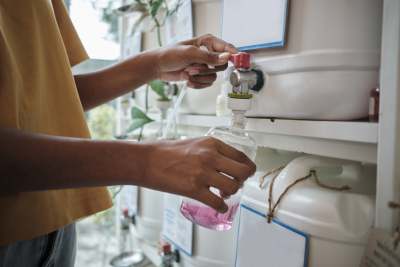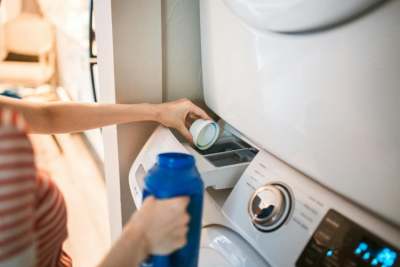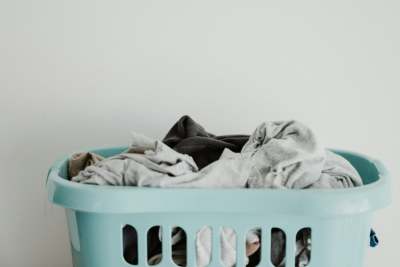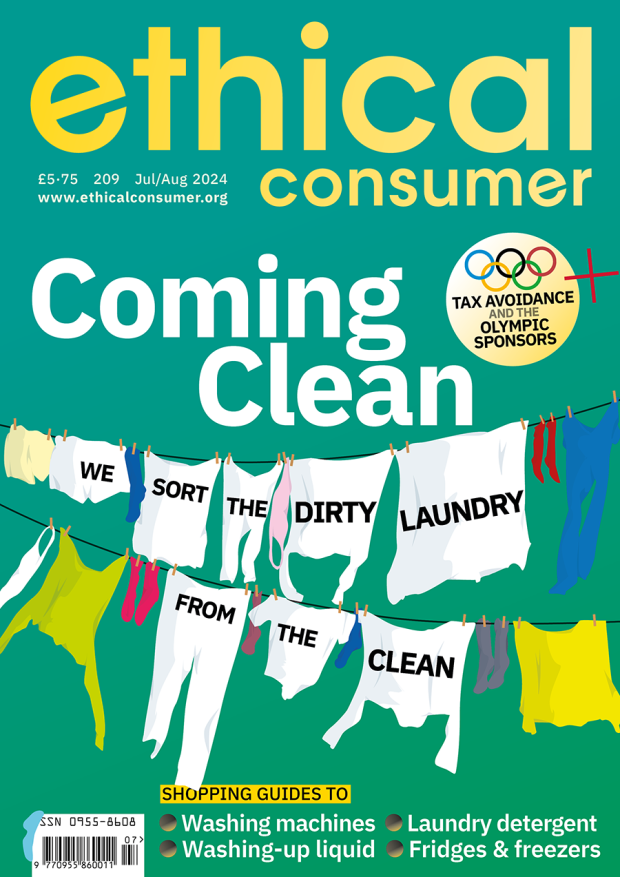There are lots of things to consider if you want to do laundry in the most eco-friendly way.
This guide focuses on the ethical and sustainability credentials of the detergent products we use, and the companies that make them, and asks questions like:
- is laundry detergent vegan?
- is laundry detergent cruelty free or does the company test on animals?
- is there plastic packaging?
- can you buy refills of laundry products?
- which is best: laundry sheets, liquid, capsules or powder?
- are there chemicals in laundry detergent?
- are there polymers or microplastics in laundry detergent?






